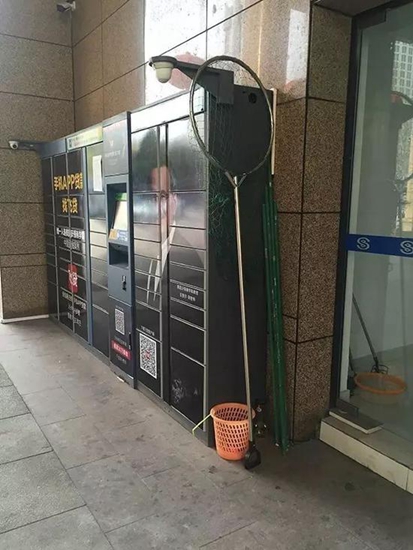 |
|
The central government has urged local authorities to tackle the outbreak of H7N9 avian influenza. [Photo/China Daily]
|
The central government has urged local authorities to tackle the outbreak of H7N9 avian influenza by taking more effective measures to prevent the virus from spreading.
The move was decided at an executive meeting of the State Council, China’s Cabinet, which was presided over by Premier Li Keqiang on Feb 22.
Li was briefed on prevention and control measures against the lethal virus. He called for local governments to monitor the epidemic and punctually disclose relevant information to the public.
Since the first case of a human infected with the virus in China in 2013, it has killed thousands of people across the globe.
The number of patients infected with the H7N9 strain in China has increased rapidly since December and more than 16 provinces have reported an outbreak of the epidemic since the beginning of this year.
The virus claimed 79 lives in January, more than triple the death toll for December, and far surpassing the number of deaths in the same month over recent years, the National Heath and Family Planning Commission reported on Feb 15.
After the meeting, regions such as Beijing, Anhui and Guizhou provinces took swift action to control the disease and ensure public health. The number of those infected dropped to 160, with 61 fatalities in February, according to the commission.
According to a statement released after the meeting, live poultry markets where infected birds are detected will be immediately closed, as exposure to infected poultry is one of the main causes of human infection.
The meeting decided to upgrade the sector in areas where markets have been hit by the virus by ordering that poultry be raised in large factories, before being slaughtered in designated sites and transported via cold-chain logistics to supermarkets. By doing this, consumer safety will be further ensured as they will not be exposed to live infected poultry.
The statement said sufficient medical supplies and funds will be provided for all emergency and necessary treatment. Patients will get their medical bills reimbursed through the medical insurance system.
Shu Yuelong, director of the National Center for Influenza, said there was no evidence to show the virus can be easily transmitted among humans. He added that people should avoid touching infected poultry, or exposure to any live poultry markets, which are two of the most common reasons for human infection.
Prevention measures start with source-stringent control over live poultry so the meeting decided to impose stricter surveillance over the breeding and transporting of live poultry. Disinfection and quarantine measures will also be strengthened. Local markets that detect an outbreak must be closed as soon as possible and the animals destroyed, the statement said.
China has invested huge funds in surveillance and management of the virus since 2013, said a communiqué released by the World Organization for Animal Health and the Food and Agriculture Organization of the United Nations on March 17. However, obvious symptoms take time to become apparent after infection, making prevention and control measures more complicated, the document said.
The Chinese Center for Disease Control and Prevention said on March 17 that the outbreak will not be large-scale as it is difficult for humans to pass it on.
The past four years have seen a new outbreak of the virus and each year saw fatalities, said Du Zhengyu, a disease-control doctor in Anqing, Anhui province.
“The government is taking market-management measures by shutting down live poultry markets that impose potential threats to people living nearby. More importantly, the public should be cautious themselves,” he said.
Du suggested that individuals should be alert to any direct contact with live poultry and hesitant to buy live animals such as chickens. In addition, anyone who has cold-like symptoms should go to hospital for a checkup and treatment, he added.
read more



